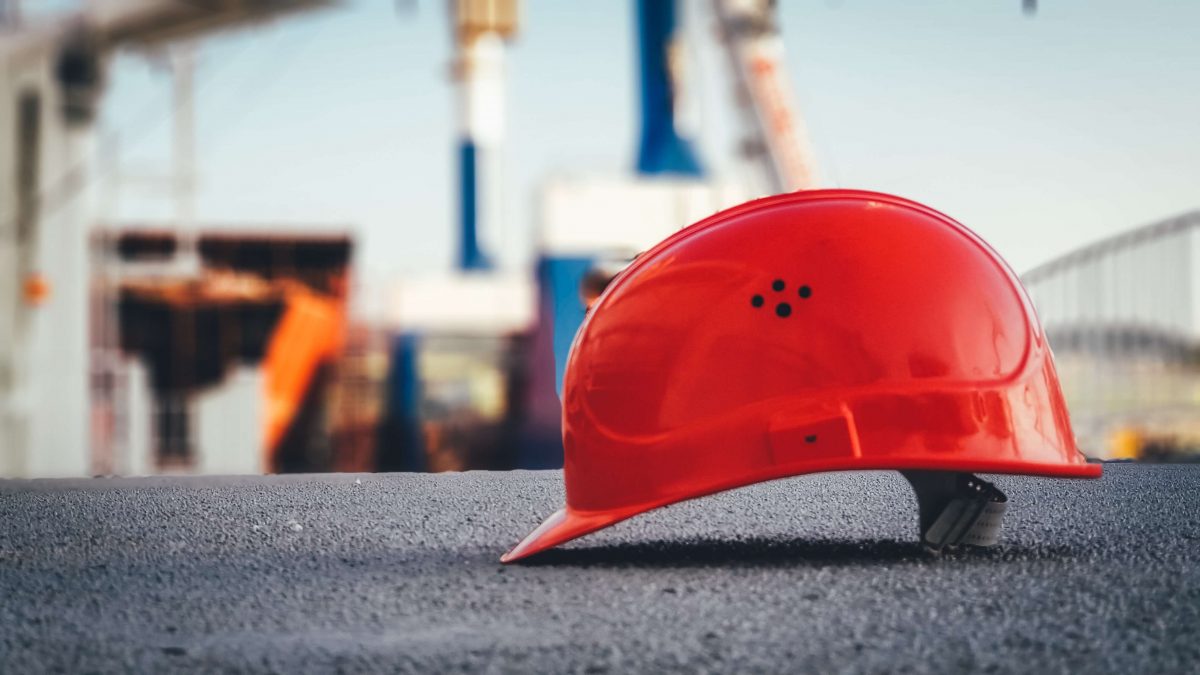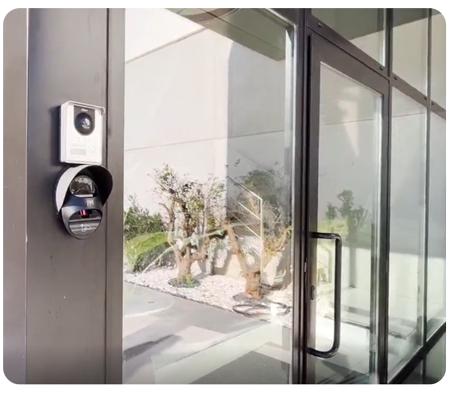

Blog
The rise of mental health issues in Construction
Almas Team

"90% of construction bosses suffered mental health issues regarding late payments and 10% experienced suicidal thoughts"
The rise of mental health issues in Construction
In 2018 the construction industry saw 14,000 cases of work-related stress, depression, or anxiety (new or long-standing). That is equivalent to roughly one-sixth of the sector’s ill health. In 2020 that number rose to a staggering 21,000 cases – that is a 50% increase in just 2 years and now represents nearly a quarter of all ill health in the sector.
That is just referring to diagnosed cases. The scale of mental health issues is likely to be far, far greater.
Why are mental health issues underdiagnosed in the Construction Sector?
The construction workforce, although changing slowly, is still largely male-dominated, with women making up around only 10% of the sector. This number falls at a lower percentage within Trades.
Men typically struggle to talk about mental health; societal expectations and traditional gender roles still being a factor at play – with men expected to be strong, silent and in control. Whilst 19% of women did not seek help for the last mental health problem they suffered, the figure for men was much higher at 28%.
Depression in men can manifest in different ways compared to women, with symptoms including irritability, sudden anger, increasing loss of control, risk-taking and aggression. Men are also 3 times as likely to become dependent on alcohol or use drugs frequently as a result. Suicide is the highest cause of death for men under the age of 50 and with construction work, this number is three times higher than the already high male national average.
With the numbers this high, the chances are that in a large construction project, there are significant numbers of employees that will be struggling with their mental health. This can ultimately impact site health and safety and productivity of the workers.
Why is mental health and wellbeing in the sector worse now?
- Covid-19: Whilst the construction sector has seen continued positive growth since the pandemic began (14% in January), the pandemic has brought additional stress to everyone that’s still working. New worries including being exposed to the virus and bringing it home to loved ones, reduction in household income from partners losing their jobs and balancing work with home-schooling has negatively impacted stress levels.
- Job Security: The nature of construction means that oftentimes employees are working on short-term projects. It can be difficult to predict when they will get another job, and this can cause a lot of stress and uncertainty around being able to pay their next rent instalment. To make matters worse, payments are usually made upon completion of a project. This opens the possibility to delay or withhold payments leaving workers without payment after completing a job. A combined 2019 survey found that 90% of construction bosses suffered mental health issues regarding late payments and 10% experienced suicidal thoughts.
- Burnout: while employers and managers are starting to breathe a sigh of relief that their business has survived Covid, their employees are fatigued. A lack of sunny beachside holidays, static pay despite employees working hard and the knowledge that there seems little end to the restrictions around recreational activities are now causing identifiable productivity losses across many industries. Employee engagement is falling and that brings the risk that good employees could leave.
Of course, a single bad day or week does not make this a pattern. Observations over a long period of time will be needed. The problem, however, arises with the challenge that comes with manual tracking, especially for busy site managers and contractors.
How can technology help managers identify trends as they emerge?
Setting up technology systems in the workplace provides the opportunity for time-poor managers to collect data on workplace productivity and track these changes week on week. Tech-savvy site managers understand the power of data and utilise it to improve their decision-making. This might include utilising software to:
- Monitor the production and overall health of the site in real-time.
- Track critical performance indicators of workers such as output or time and attendance.
- Look for emerging trends in the data spot opportunities to increase efficiency.
The opportunity that technology can provide in construction is numerous, however, it is important that it is deployed correctly.
Technology to demystify mental health problems in the Construction sector.
As sites move more towards digitalisation, it presents opportunities to get men to communicate more about their mental wellbeing. Apps on phones are less confrontational than ‘having a conversation’ with the boss. Reaching out becomes easier, resources can be made readily available, and messages can be pushed out to all employees.
In short, positive communication about the company’s future against the backdrop of the national media’s negativity can be delivered to all employees while they have their morning break.
Leading workforce management software that companies are already using to decrease their cost, save time and supercharge productivity and compliance, and are now recognising the impact of mental health on these critical factors.
In fact, 64% of construction workers have stated that they want their employers to provide more support in this area. Our partner innDex have teamed up with the Lighthouse Construction Industries Charity, offering support, guidance and help to the construction workforce.
Hopefully, more employers are coming to understand that good mental health can have a positive impact on productivity and health and safety.
As installers of productivity and attendance solutions, Almas Industries are ready to help you identify potential concerns within your site.
Contact the team today to discuss biometric access control, biometric readers, or facial scanners for your business. You can arrange your free, no-obligation security survey by calling us on 0333 567 6677 (UK) or 016833368 Option 2 (IRE). If you prefer, you can always send a confidential email via enquiries@almas-industries.com.
You can also visit Rehab 4 Addiction to find help and treatment.


